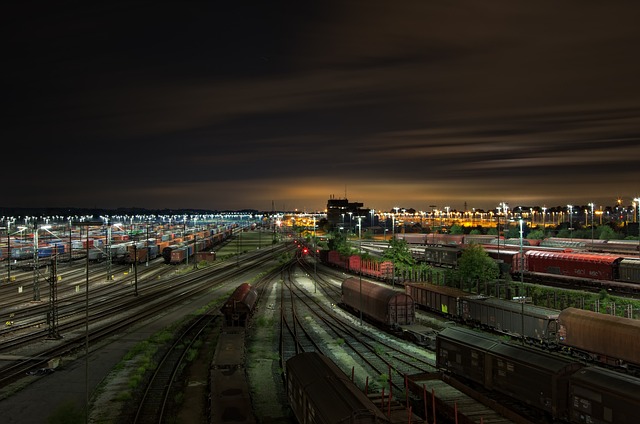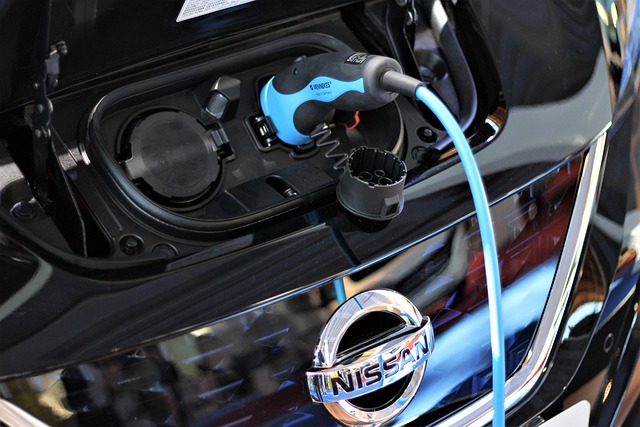Urban logistics plays a vital role in shaping our modern cities. As populations grow and urban areas expand, the demand for efficient delivery systems increases, making it crucial to address the environmental impact of transportation. Sustainable development has become a key focus for city planners and businesses, driving the adoption of innovative solutions that reduce our ecological footprint.
The rise of green technologies marks a transformative wave in urban logistics. These advancements are not merely about enhancing efficiency; they represent a commitment to creating a sustainable future. Electric vehicles, for example, are making significant strides in reducing harmful emissions typically associated with traditional transportation methods. By integrating these clean technologies into logistics operations, cities can move closer to achieving carbon neutrality, a goal many local governments have set for themselves.
Consider the impact of implementing smart urban logistics systems. These systems leverage data analytics and IoT (Internet of Things) sensors to optimize delivery routes and schedules, significantly reducing energy consumption. When deliveries are planned efficiently, it not only saves time but also minimizes the number of vehicles needed on the road, leading to less congestion and fewer emissions. This synergy between technology and logistics is where sustainability flourishes.
Furthermore, urban logistics can become more sustainable by incorporating alternative delivery methods, such as bicycles and drones. These innovative approaches not only reduce road congestion but also offer a greener alternative that aligns with the values of environmentally conscious consumers. The integration of such methods into logistics networks exemplifies how businesses can reimagine their operations through a sustainable lens.
In addition, the community aspect of urban logistics shouldn’t be overlooked. Initiatives that engage local populations, such as consolidation centers, aim to minimize delivery trips by pooling resources and reducing the number of vehicles on the road. These collaborative efforts enhance local economies while promoting environmental stewardship. As communities become more involved in creating efficient urban logistics solutions, they also foster a sense of ownership and responsibility towards the health of their neighborhoods.
As we look towards the future of urban logistics, the importance of sustainable practices cannot be overstated. Cities must prioritize developments that support eco-friendly logistics frameworks. Policymakers and business leaders have a unique opportunity to harness green technologies to not only address current challenges but also to pave the way for a healthier, more resilient urban ecosystem.
This is a call to action for all stakeholders—whether in the public or private sector—to commit to sustainable urban logistics. By embracing these avenues, we can significantly decrease our ecological footprint and move towards a carbon-neutral future. Sustainable urban logistics is not just a trend; it is an essential strategy for constructing a livable, efficient, and vibrant urban landscape that meets the needs of its inhabitants while caring for the planet.




